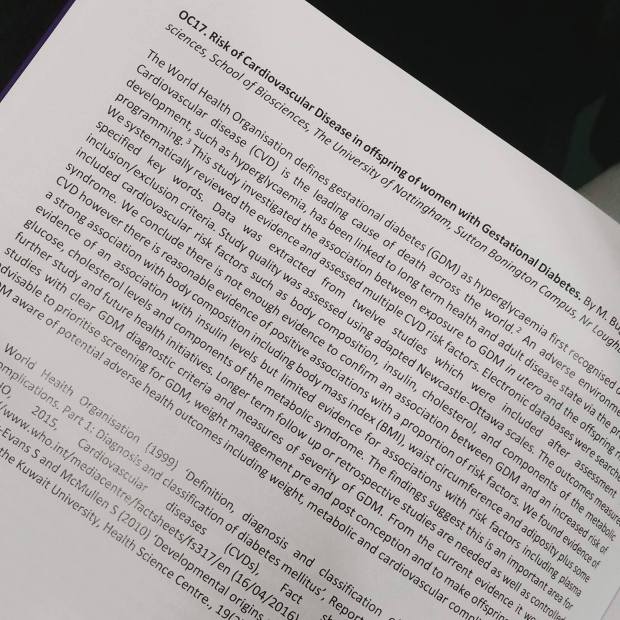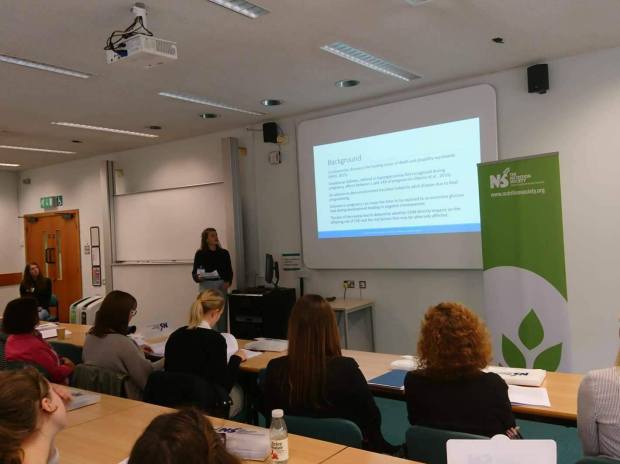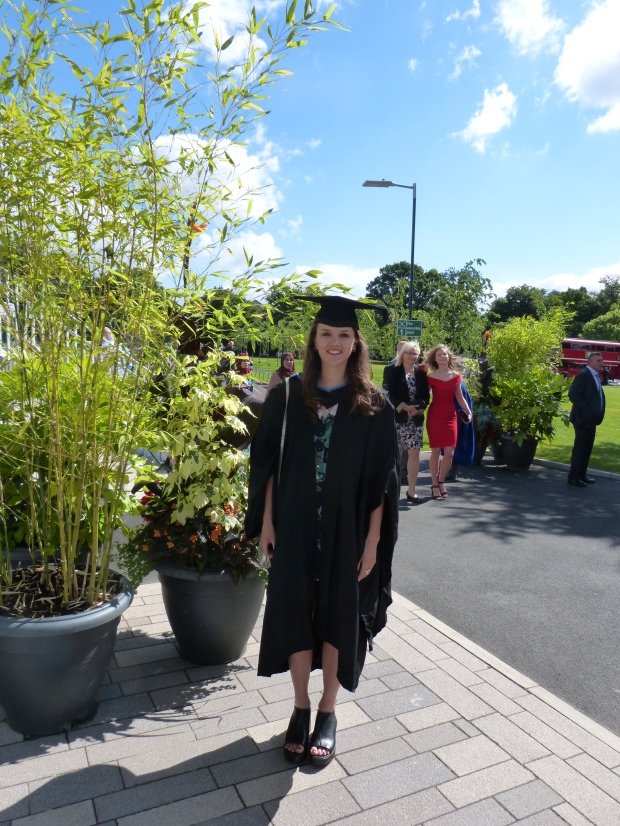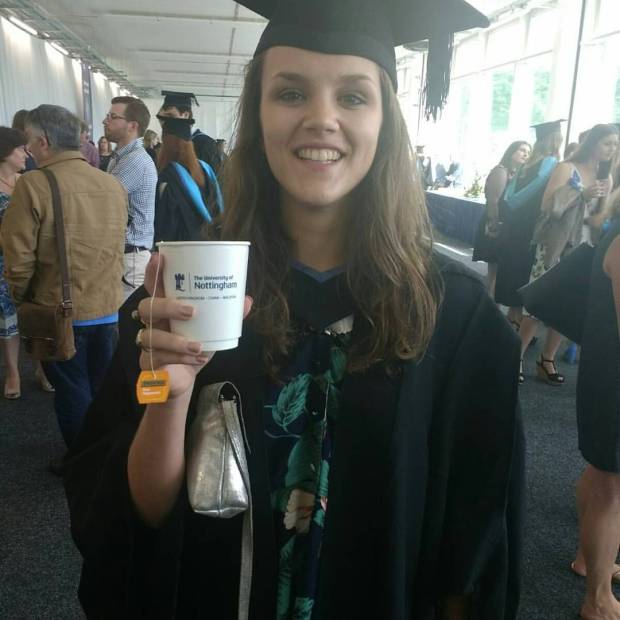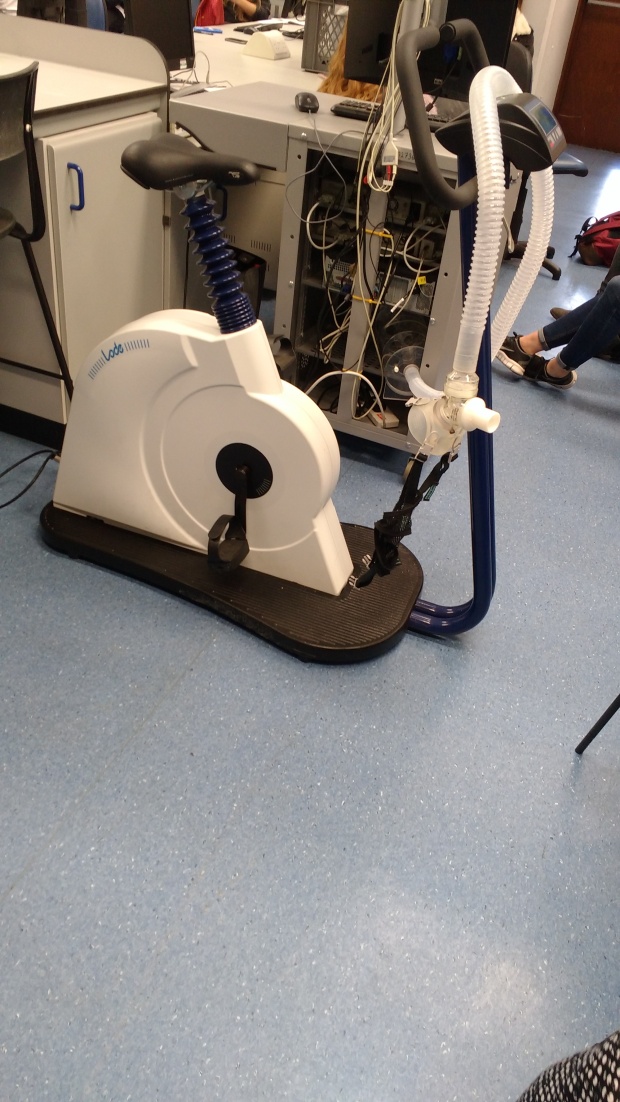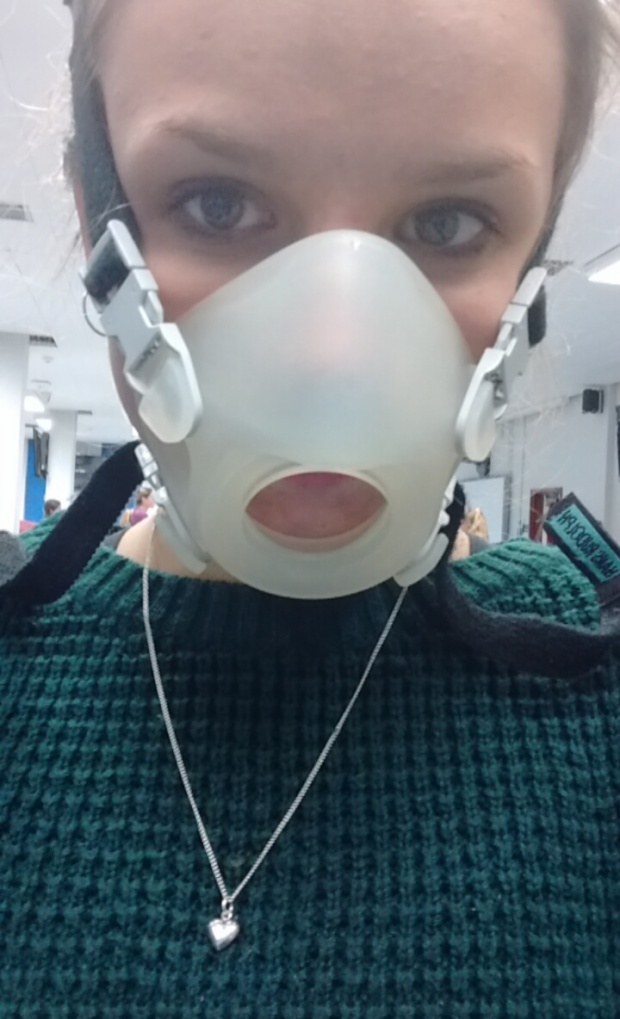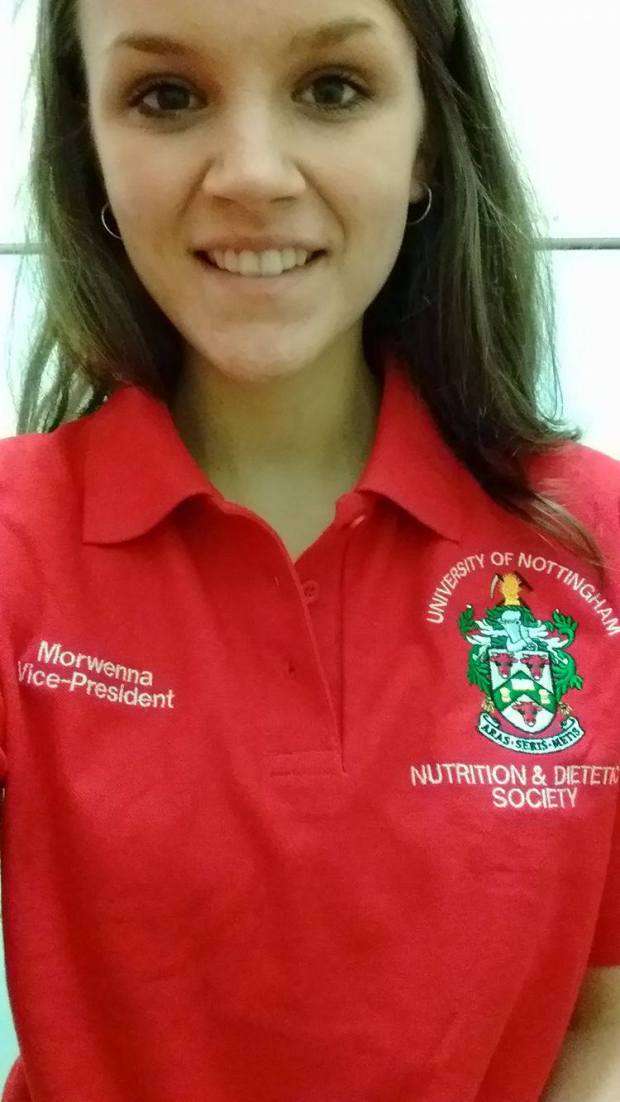UKCO2016 19th-20th September 2016 Nottingham.
This year the ASO conference UKCO2016 was held on campus. I was lucky enough as a student to have the opportunity to volunteer to help. I really appreciated the opportunity and was able to listen to some of the presentations. I enjoyed tweeting from the conference too/retweeting everyone else’s interesting tweets.
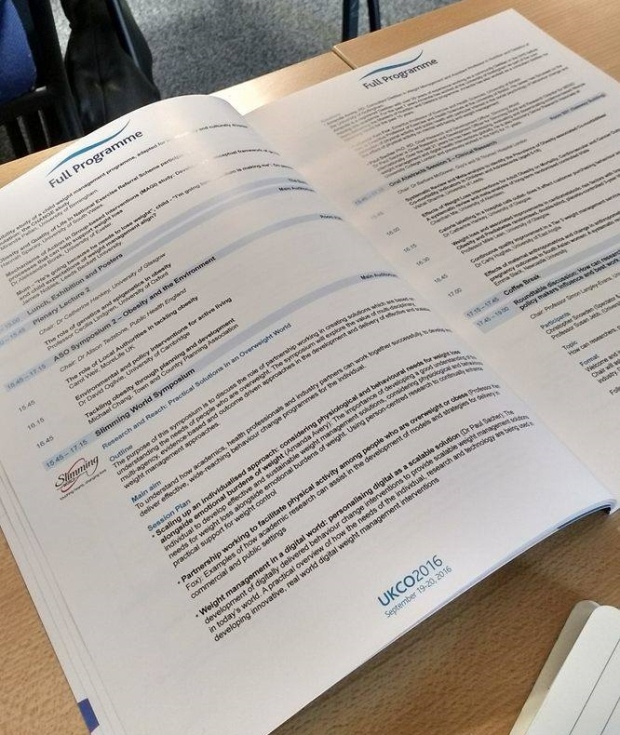
DAY ONE:
ASO Symposium 1 – Should we be adopting a less weight centred approach?
Dr Judy Swift from the University of Nottingham opened this session discussing the challenge of weight centred practise. The weight centred outcome of interest is BMI. There is an assumption that excess adiposity negatively affects health and weight loss results in health gains. She then continued to outline the criticisms of the weight centred approach.
Professor Paul Aveyard from the University of Oxford talked about the importance of weighing as an outcome and as a behaviour change tool. He is a professor of behavioural medicine. Risk decreases in proportion to kg lost. The number one trigger of weight loss is to improve appearance. More women are losing weight even if they are a healthy weight compared to men.
Dr Rachel Pryke from the Royal College of General Practictioners discussed the risks of weighing children and adults.
Yemi Oluboyede from Newcastle University presented Innovations in measurements: Quality of life and economic values.
Plenary lecture 2 – The role of genetics and epigenetics in obesity. Professor Cecilia Lindgren from the University of Oxford presented such an interesting talk on this topic. There was complicated science but a fascinating area.
ASO Symposium 2 – Obesity and the environment
Carol Weir from MoreLife UK spoke about the role of Local Authorities in tackling Obesity.
Dr David Ogilvie from the University of Cambridge presented the Environmental and policy interventions for active living. Changing driving for walking/cycling has been shown to decrease BMI. For a long time the focus has been on advice for individuals to take and active approach – there is potential to increase population level physical activity through the creation of things like cycle routes. The Cambridgeshire community bus plan and connect 2 were discussed and they sound very beneficial. It has been shown that cycle commuting has health benefits including higher mental wellbeing, decreased sickness absence and decreased BMI. I told my dad this as he regularly does his 25 mile journey to work on his bike and hopes he is a good example.
Michael Chang from the Town and Country Planning Association discussed tackling obesity through planning and development.
I enjoyed the symposium as it was based on a lot of topics I didn’t know much about and areas of nutrition related interventions I hadn’t really thought about before. Incorporating healthy lifestyles by making healthy choices easily accessible into day to day life is really important for a healthy population.
DAY TWO:
Infant and toddler forum Symposium – The Obesity challenge: Prevention is action
Judy More a Paediatric Dietician (what a great job) and member of the ITF. She spoke about nutritional guidance in early life being a key public health prevention strategy in order to improve the health of the next generation. Over 1 in 5 children are overweight! I found the link with fetal development and weight really interesting. Over weight mothers/gestational weight gain and endocrine changes in the placenta have been discussed in research. Lifestyle affects weight too from a young age and is influenced by things like screen time and sleep. Getting used to large portion sizes or being encouraged to eat a lot and being rewarded by food can also lead to over eating and therefore problems later in life. During pregnancy it’s important to focus on keeping physically active, choosing nutritious foods not extra foods and healthy weight gain. Letting toddlers respond to hunger cues is important and not forcing food. Plus as for everyone physical activity and enough sleep plays a role.
Dr Clare Llewellyn a lecturer in Behavioural Obesity Research at University College London discussed why portion size and relation to appetite and weight gain. Growth rate differs right from birth. Increased meal size causes a faster growth rate.
Melanie Pilcher is a Policy and Standards manager at Pre-schools Learning Alliance. She talked about the practical implementation of best practice guidance in early years settings.
I love this symposium. I really like the area of early years nutrition and I believe its such an important area in order for everyone to grow up with healthy attitudes towards food and health and can contribute to decreasing health issues later in life. I enjoyed hearing Melanie’s case studies as I love putting science into real life settings. My mum is a primary school teacher so packed lunches and school dinners are a big deal. The IFT have fantastic resources and lots of fact sheets.
Member led symposium 3 – A critical perspective on the use of BMI to determine maternal obesity risks and interventions
Professor Judith Rankin for Newcastle University started by introducing the area of maternal obesity research stating that obesity is the biggest challenge facing maternity.
Professor Marian Knight from the University of Oxford discussed maternal obesity and risk of perinatal morbidity and mortality from an epidemiological perspective. The number one maternal death is cardiac disease. Obesity is associated with some specific causes.
Dr Nicola Heslehurst from Newcastle University talked about the effectiveness of antenatal behaviour change interventions among obese populations.
Peter Tennant from the University of Leeds explained the potential mechanisms behind maternal obesity and adverse pregnancy outcomes.
Dr Louise Hayes presented the role of anthropometric measure for maternal obesity epidemiology and intervention. She looked at BMI and alternative methods.
I enjoyed this symposium too. Maternal nutrition is another area I find very interesting alongside the link to disease. I am hoping to write my dissertation on the maternal diet in relation to fat in the diet and links to the offspring developing heart disease.
Plenary lecture 4
Professor Susan Jebb finished the conference with a fantastic talk about supporting weight loss in primary care.
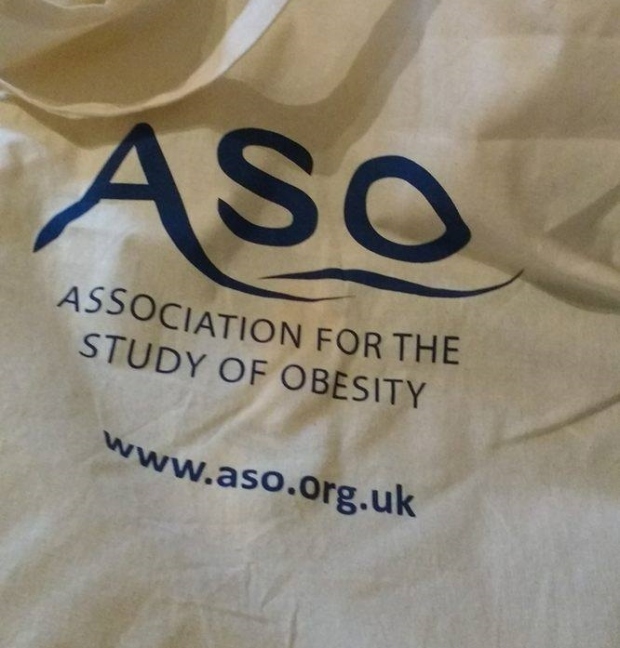
I love coming to conferences and listening to a variety of talks. I love getting to find out new areas of nutrition and science I didn’t know much about. I love seeing how scientific research develops and is presented. I love the interaction between all the delegates and the mixed opinions and questions that come out. I love finding new areas of interest and passion within nutrition. I love finding out about companies, charities or other groups where there are potential jobs and research areas for the future.
